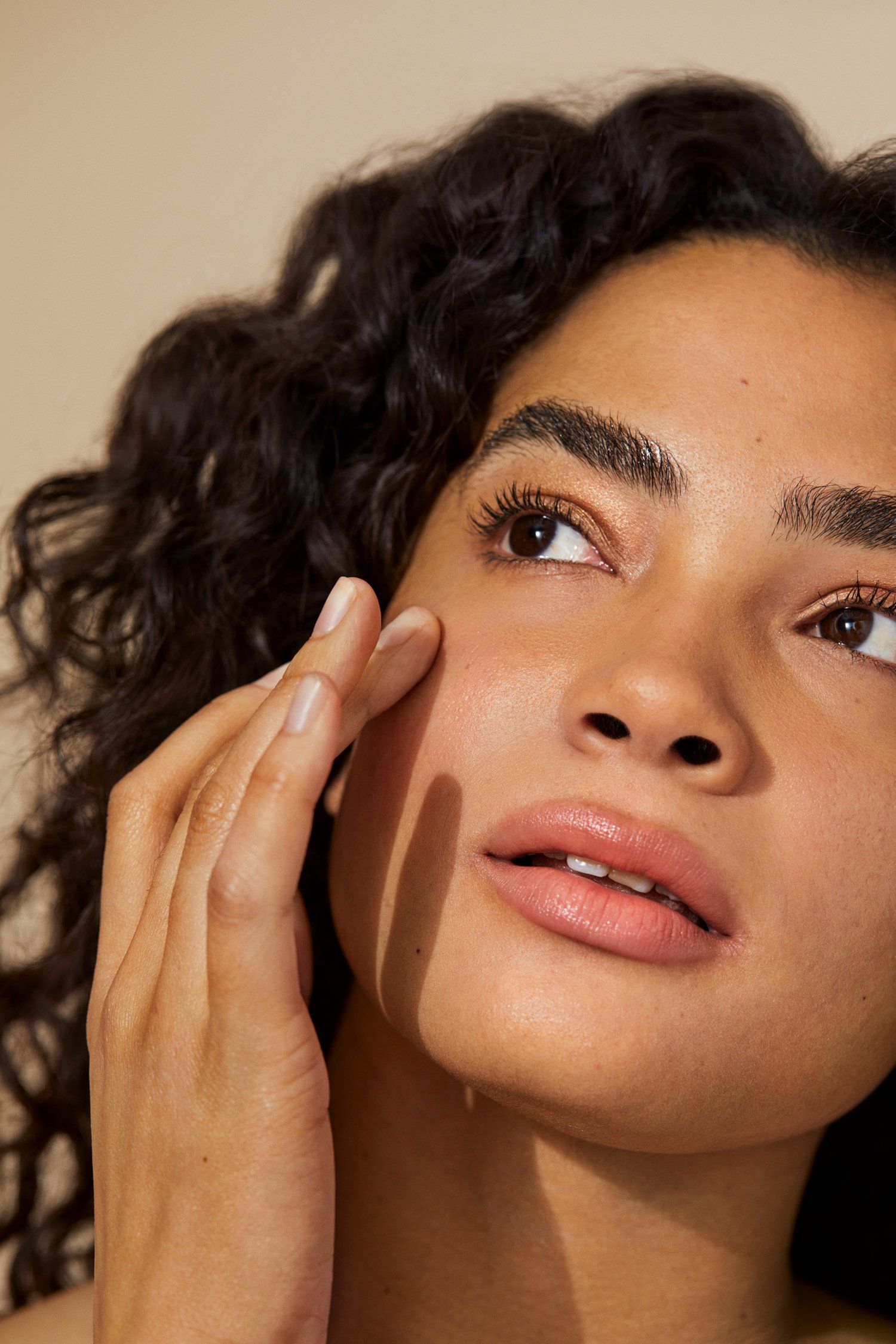While we hope each new skincare treatment we try will help us to achieve perfect skin, that’s not always the case. All skin is unique, so some ingredients and tools that nurture some people’s skin may be damaging to others.
Unfortunately for people of color, trying out new skincare products and aesthetic treatments can often feel like a guessing game, as most are formulated based on clinical trials for lighter skin tones – not melanated skin of color. Melanated skin has different needs than lighter skin tones and can react differently to certain skincare methods.
To properly care for their skin, people of color must make informed decisions about their skincare. On The Skin Report podcast, Dr. Simran Sethi, an Internal Medicine doctor and the Founder and Medical Director of RenewMD medical spas, breaks down the science behind skin of color and shares some aesthetic skin treatments that are safe and beneficial for melanated skin. Read on to learn more about the skincare methods to adopt and to avoid when treating melanated skin.
The Science Behind Melanated Skin
Caring for skin or skin of color requires knowledge about how the skin may react to treatments.
Melanated skin contains more active melanocytes than white skin, which allows the skin to filter out damaging UV and blue light rays. This protects the skin and helps it to better resist fine lines and wrinkles. However, it also means that the active melanocytes produce greater pigment when the skin is exposed to insults like acne, burning, inflammation, or damage from improper treatments.
To avoid hyperpigmentation caused by skin insults, people of color need to use melanin-friendly products and treatments to properly care for their skin.
Don’t
Rather than nurturing the skin, some products and treatments can actually damage melanated skin leading to more hyperpigmentation and scarring. Below are some products and treatments that do more harm to melanated skin than good – and should be avoided by people of color.
- Skin lightening creams – Many of them contain ingredients like hydroquinone that can stimulate melanocyte activity.
- Products with high concentrations of chemical exfoliants like glycolic or lactic acid – These ingredients can damage melanated skin if used in excess or for an extended period of time.
- Facial hair bleaching creams made with hydrogen peroxide – These agents trigger inflammatory reactions that aggravate our melanocytes, causing them to produce uneven pigmentation.
- Lasers that emit heat or light or only work in the epidermis – Lasers that emit heat or light to trigger a controlled skin injury may aggravate melanocytes and cause them to produce an abnormal and uneven amount of pigment. Additionally, melanocytes live in the epidermis, so lasers that deliver heat or light in the epidermis will likely trigger abnormal melanin production.
Do
Working with our melanin can enable people of color to appropriately nurture their skin without causing more damage. After all, our melanin is our key defender against skin cancer and aging and is part of what makes our skin so beautiful! The following tips can be used to nurture melanated skin.
- Address hyperpigmentation by balancing your melanocytes and correcting skin insults – This can be done by adopting a skincare regimen that nourishes and amplifies your skin renewal cycle. Listen to episode 1 of the podcast for more info on the skin renewal cycle.
- Use laser treatments that are safe for melanated skin – Lasers clear acne scars, dark spots, and fine lines by initiating an accelerated skin repair response to generate new healthy skin. A good laser treatment for melanated skin would be the Picosure laser, as it affects the dermis instead of the outermost layer and melanocyte-rich epidermis – and doesn’t use energy.
- Microneedling – This treatment method can be done on its own or with plasma-rich platelets (PRP) or radiofrequency to correct scars, dark spots, and wrinkles in skin of color.
- Remember – Just because products are marketed towards women of color does not make them automatically safe for skin of color! Always approach skin care with your melanin in mind, and do your research before trying new treatments for your skin.
While not all aesthetic professionals or products provide the right treatments for melanated skin, people of color can still find methods that work for them. By staying mindful of the science behind melanated skin, people of color can practice the right skincare to nurture and protect their beautiful skin. For more information about melanated skin care, listen to season 1, episode 20 of The Skin Report.



